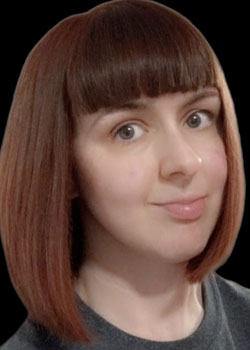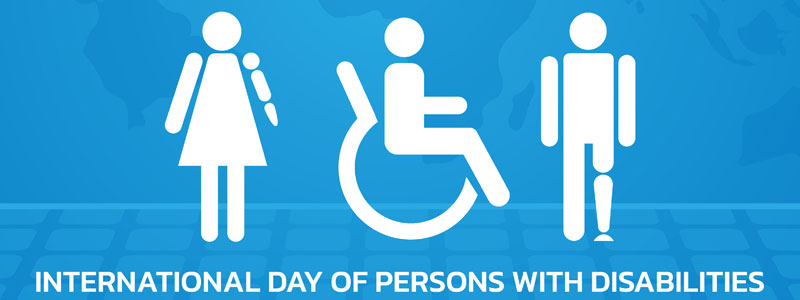International Day of Persons with Disabilities: Kirsty Jones
Posted on December 2, 2022 by Microbiology Society
International Day of Persons with Disabilities takes place annually on 3 December to promote an understanding of disability issues and mobilise support for the dignity, rights and well-being of persons with disabilities. This year, to raise awareness, we interviewed Members Panel member, Kirsty Jones, to discuss her work, the challenges she faces and some great advice for others with disabilities hoping to work in science.

Could you tell us about yourself?
Hi, I’m Kirsty. I obtained my BSc in Applied Biological Sciences from the University of Wolverhampton, UK, in 2015. This was then followed by an MSc degree in Molecular Biotechnology from the University of Birmingham, UK. Currently, I am a PhD student and part-time lecturer at Staffordshire University, UK.
What research or projects are you working on currently?
Exploring the yeast stress response pathway. I’ll be using Saccharomyces cerevisiae as a model to explore the role of selected proteases within the programmed cell death response. I will be characterising the phenotypes of the deletion strains as well as the important regions of these genes via bioinformatic analysis and functional stress tests.
As a person living with a disability working in microbiology, what are some of the challenges you have faced?
There are certain challenges I have faced and am currently facing working in microbiology. However, some of these are completely unrelated to me being a person with disabilities and are in fact common feelings and experiences that many PhD students may have during their studies.
One example of the challenges I face is that I cannot work the typical hours that other students can as I cannot do lone working due to my condition. Another challenge is that I am more ‘rack reliant’ due to my reduced dexterity when doing experiments, which means more planning is involved. However, systems are in place to enable me to carry out the necessary experiments in the available timeframe, taking into consideration that I’m slightly slower at completing these tasks and this is built into the time management of experimental work.
Is there any advice that you would give to other people living with disabilities working in (or hoping to work in) science?
- If you are considering working in a scientific environment, go for it! As disabled individuals, we are natural problem solvers in our day-to-day lives, which is a good trait to have as a scientist.
- Don’t be afraid to ask for accommodations.
- Start believing that you belong…because you do!
When and why did you first become interested in microbiology?
I first became interested when I was 10 years old. This was when I saw experiments for the first time in a laboratory. From there, I developed an interest in plant-microbe interactions as well as using microbes for biotechnological applications and as models to understand more complex systems.
If you hadn’t gone into science, what career path would you have chosen?
It is hard to say, as from a young age I always wanted to be a scientist, because I wanted to understand how the world works. However, if I had to pick an alternative, it would probably be working in primary education; I did work experience in this sector and enjoyed it.
Do you think more needs to be done to support people living with disabilities working in (or hoping to work in) science?
I do believe more can be done to support people living with disabilities in science. However, we are now at a point with technology that will enable people with disabilities to work in science.
Could you tell us why you decided to join the Society and become part of the Members Panel?
I decided to join the Society when starting my PhD because, even though I have an interest in microbiology, I had not worked with yeast before and I saw that it hosts a yeast-specific Focused Meeting every year, which would give me the chance to meet individuals in the same field.
I decided to become part of the Members Panel because I wanted to increase inclusivity in all forms, and in every aspect of life. It is a topic I care for deeply and is something I wish to actively contribute towards by increasing the accessibility of events and highlighting the support that is available both within the Microbiology Society and also in STEM as a whole. I wanted to make sure that disabled people in STEM had a platform to get their voices heard.
Even though doing this interview is stretching beyond my comfort zone, I wanted to highlight my experience of being disabled in STEM. Hopefully, by doing this, I can encourage more people who have disabilities to pursue their interests or careers in microbiology.
Kirsty also recently recorded a podcast for Microbe Talk during Disability History Month, where she discusses accessibility in laboratories. You can listen to the podcast now. If you would like to contribute content for an awareness day, week or month, read more about how to get involved.



